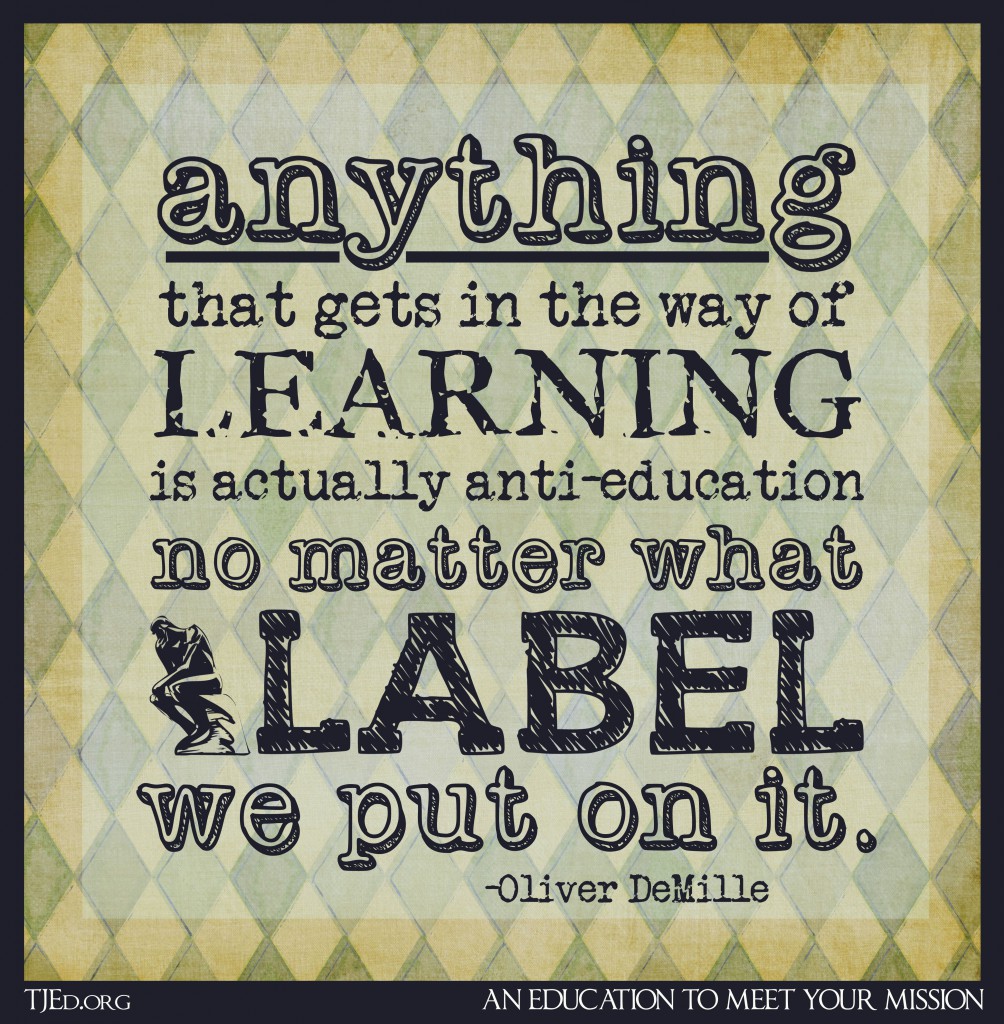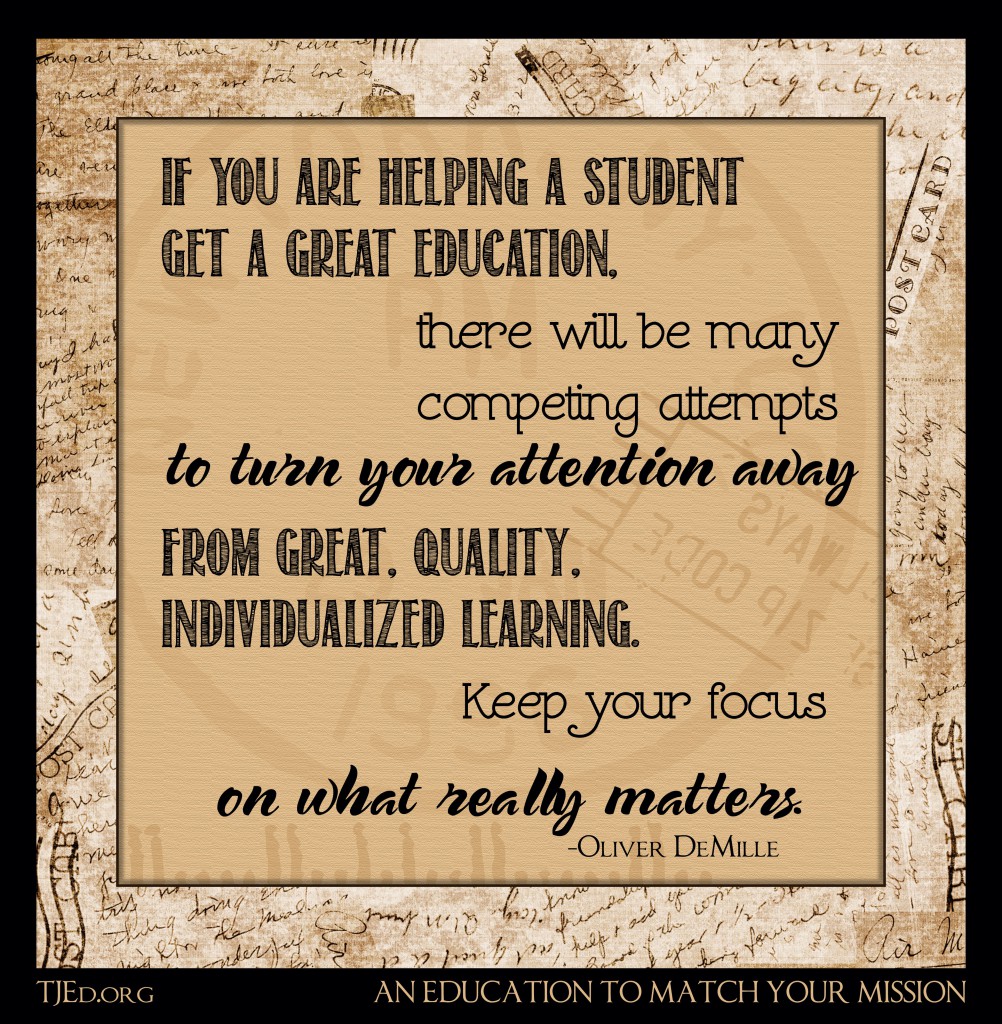The Key
 Whatever you know about Love of Learning Phase, this one key will make all the difference. If you’re already doing it, you can do it just a little bit better—and get huge results. And if you’re not doing it every week, now is the time to start. You’ll see your Love of Learner child blossom and thrive.
Whatever you know about Love of Learning Phase, this one key will make all the difference. If you’re already doing it, you can do it just a little bit better—and get huge results. And if you’re not doing it every week, now is the time to start. You’ll see your Love of Learner child blossom and thrive.
Really. One little thing can make all the difference. Okay, actually, it’s not that little. It will take a bit of work on your part. But it’s not big either. It won’t take a lot of your time, or a bunch of effort.
It will take a little bit of planning and then some consistency. That’s it. And, like I said, it will make a huge difference.
This magic pill really does work. It’s the Weekly Interview. If you’re not holding it every week, you’re not seeing the Love of Learning results you could be. Really! It’s that effective.
So, what, specifically, can you do to make the Weekly Interview so powerful?
Let’s break it down bit by bit in four simple steps. We feel pretty strongly about these steps, and some of them are down-right vital:
1. Make it a Priority
First, set aside a time each week to meet with your Love of Learner child. We tend to recommend Sunday afternoon, because we’ve seen this work extremely well with seven kids so far. But you know your schedule and the flow of your week better than we do, so if some other day will be better—say, Monday morning first thing, or Saturday morning, or Thursday evening, whatever works best with you and your family—go with that.
The key is to have a specific, set time each week, and always do your interview at that time. If you just can’t swing it one week, treat it like you would any appointment with an important person: talk to your child beforehand and reschedule, then be sure to hold the meeting at the newly appointed time.
Don’t miss a week. Make this happen, and you’ll see Love of Learning phase really flourish. Start skipping weeks, and things can deteriorate.
2. Make it Fun
Second, make it fun, and schedule enough time to really talk to your child about what he/she is learning, enjoying, struggling with, and thinking about. You want enough time to really get him/her talking. And then listen.
 For some Love of Learners, twenty minutes will be enough. But in our experience, that’s the exception. If you really invest in this and make it relaxed and fun, most kids this age will want to talk for a while.
For some Love of Learners, twenty minutes will be enough. But in our experience, that’s the exception. If you really invest in this and make it relaxed and fun, most kids this age will want to talk for a while.
About 30-40 minutes feels right for most young people, but some kids will want to go on a little longer. You know your kids. Schedule accordingly. And don’t be afraid to change the plan if he/she surprises you and turns all chatty. That’s great.
As for the “fun” part, you don’t want to turn the interview into “twenty questions” where you interrogate your youth. To really get this right, you almost have to tweak the definition of the word, “interview.” This is not about you grilling your kid. That’s not in keeping with “Love of Learning.” This is about you getting the Inner View.
Asking the right questions can be a great catalyst to gaining this “innerview” (see what we did there?), but keep in mind that it’s not the questions and answers, per se, that make this successful. It’s the process of dialoguing with your youngster and feeling her heart on the things that are important. It’s the “Diamond Dust” inspiration that whispers how you can do better, what you can do more of, what you need to do less of. It’s getting a view on that child-heart, and gaining a sense of what she was born to do, and what’s yours to do to help her prepare for it. Start by asking her what she is loving about her learning, and then sit back and enjoy listening.
If that doesn’t work, jump in and start sharing what YOU are passionately loving about your reading and learning right now. Keep at it until she catches the bug and starts talking. It will happen if your passion is genuine and you stay positive and engaging.
3. Do Your Homework First
Third (and chronologically this comes before the second item above), spend at least 15-20 minutes before each weekly interview Brainstorming on a Blank Page! This is so important. How do you do it? If you’re asking this question, closely study our book called Homeschooling: The 5 Habits of Highly Successful Homeschoolers.
 There’s a whole chapter on Brainstorming a Blank Page (and we review it briefly here), and every successful educator (parent and teacher) needs to understand it.
There’s a whole chapter on Brainstorming a Blank Page (and we review it briefly here), and every successful educator (parent and teacher) needs to understand it.
This is vital.
To recap: before each Weekly Interview with every Love of Learner you mentor, take a few minutes and brainstorm.
Put the child’s name at the top of a blank page, and ask what they need from you. Any way you should be helping them.
Don’t make a list of assignments for them to do! That’s the wrong spirit.
Focus on what YOU should do/not do/purchase/organize/model/forgive/inspire/learn/cuddle/etc. Write down your ideas.
Then pick a few, circle them, and do them. Note that one of the most important things you can do (and must do if you want to be an effective mentor) is set the right example. Specifically, if you want them to truly love learning, you have to set the example of really loving learning yourself.
Depending on the logistics and season of your life, ideally you’ll have maybe two topics that deeply interest you and set the example of learning about them during the week. And do so passionately, with enthusiasm and excitement. Then, when you get to the Weekly Interview and your child isn’t very excited, you can just let your exciting learning gush and gush. It will turn the meeting to real passion for learning—if you do it well, authentically, and happily.
It might take two such Weekly Interviews to get them going (in truth, it hardly ever takes more than one), but when you go on and on about your passion for learning—and share a lot of specifics about what you’re reading and thinking about—it’s captivating. It rubs off. It creates enthusiasm.
Keep at it until this works.* It will, if you are genuinely learning things that excite and interest you. If not, find some. Set the right example. That’s mentoring! And it’s fun. Really fun.
4. Listen.
Fourth, when the energy is right (e.g. he’s talking about what he’s learned, and excited about it) ask him what he needs from you. And listen. If he wants to go to the library, make it happen. ASAP. If he says he needs more time to…whatever it is, consider how you can best help with it.
If he’s not sure, ask him what was the most exciting thing he’s learned about the topic so far, and how he learned it. If it came from his reading, perhaps you’ll feel you should help him get more books of the same kind. If it happened in a discussion with a friend, maybe you’ll feel you should set up another discussion opportunity. If it happened…whatever it is, consider doing more of it.
 And be open to trying new things as well. And, if all else fails, don’t be afraid to ask him what his most exciting learning experience was—and then do it yourself. “I want to read that book, too, Johnny. Do you have it, or should I get it at the library? I want to experience what you did. Do you have any other recommendations?”
And be open to trying new things as well. And, if all else fails, don’t be afraid to ask him what his most exciting learning experience was—and then do it yourself. “I want to read that book, too, Johnny. Do you have it, or should I get it at the library? I want to experience what you did. Do you have any other recommendations?”
When you get him “mentoring” you to “enjoy his learning passions as well”, you’re in a great place. You’ll both be loving learning—and this will naturally synergize. It will be more fun for both of you.
Each week, use some of your time in the Blank Page Brainstorming session to think of ways to make the Weekly Interview better and better. As goes the Weekly Interview, so goes Love of Learning Phase.
The best news in all this is that if you can get this one hour right every week—week after week after week—Love of Learning Phase will flourish and thrive in your home (or classroom).
This one thing will make a huge difference! Use it for greater success and fun for any kids in Love of Learning.
This article has a followup. Click here to read >>
(For more details on effective parenting and teaching for children in Love of Learning phase, see Chapters 3-6 in Leadership Education: The Phases of Learning, and Habit 2 in Homeschooling: The 5 Habits of Highly Successful Homeschoolers—both by Oliver and Rachel DeMille.)
*If you find that the relationship or the child is not thriving, you may need to reconsider whether he or she really is in Love of Learning Phase, or whether he needs to build a stronger foundation in Core Phase. Sometimes, doing a full-family “reset,” going back to the beginning, can heal relationships and hearts, and restore a love of life and learning for those who are healing from trauma, change or something that has hurt their confidence or enthusiasm. Click here for details on the Family Reset >>


































In these “innerviews,” are they best done by mom or dad or the one who has the most time with them?
Do you discuss other life topics, friends, extracurricular activities, spiritual goals, etc?
Do you only meet with your love of learners, no other stage kids?
Thank you for sharing your insights gained through experience.
We have done it both ways – with Dad or with Mom. Sometimes it depends on the parents’ availability (Mom’s in survival mode with a difficult pregnancy, or Dad’s work has him doing lots of overtime for a while), and we work it out together. The FEC (“Family Executive Committee”, described in detail in our book, The Phases of Learning, and also here [https://tjed.org/2011/03/family/] and here [https://tjed.org/2012/01/family-success-101/] can decide what works best for the present season. Sometimes it’s a little more informal, in terms of the child’s experience. Some kids feel pressured by a “formal” discussion, but love to be heard in a more casual setting. It all counts!! The key is to be intentional, be prepared (the Blank Page Brainstorm) and keep track of ideas of things that are yours to do. Being supportive, however, doesn’t mean taking over their projects, or being constantly on-call to help them work out a project that’s bigger than their skill or interest level. They learn from experience how to create workarounds, and how to scale their goals to fit their situation.
We discuss all kinds of things! TJEd takes a wholistic view of educating; we’re not confining or defining it based on academics or skills. It’s about raising a great soul, someone with an education to match their mission. 🙂
This process follows the phases of learning. In early core it might not be a lot of talk, talk, talk. But we do check in, and get a “feel” for what is ours to do to help the child thrive, and take opportunities to address their hopes, fears, concerns, dreams. It’s a great time to reinforce family standards and values, and to do a parental gut-check on personal safety and potential risks.
In Love of Learning the YSS program [https://tjed.org/product/yss] can provide a great framework to help structure without overstructuring the dialog and the approach.
In Scholar Phase it gets more serious, with sometime assignments, accountability with rewards and consequences, and a LOT of support for self-direction.
And in our experience, it doesn’t end there! While our role in mentoring/parenting evolves as the child grows to adulthood, the process of doing the blank-page brainstorm can still be a great resource to optimize the relationship.
What I don’t understand about this is how to do it with lots of kids. When your kids were all at home were you really spending 8 hours on Sunday afternoons doing BPM and weekly interviews? I have 7 kids, and I just don’t know how to fit it all in. How did it actually go for you when you were at the height of things? If you could share a picture of how your whole afternoon typically went, I’d really appreciate it. Thanks so much for all you do.
Totally feeling that, Becky! We have 8 kids, so please know that I get it. 🙂 Have you read our book The Phases of Learning? We describe “Sundays” there in greater detail, and how we rotate the interviews when there are lots of kids.